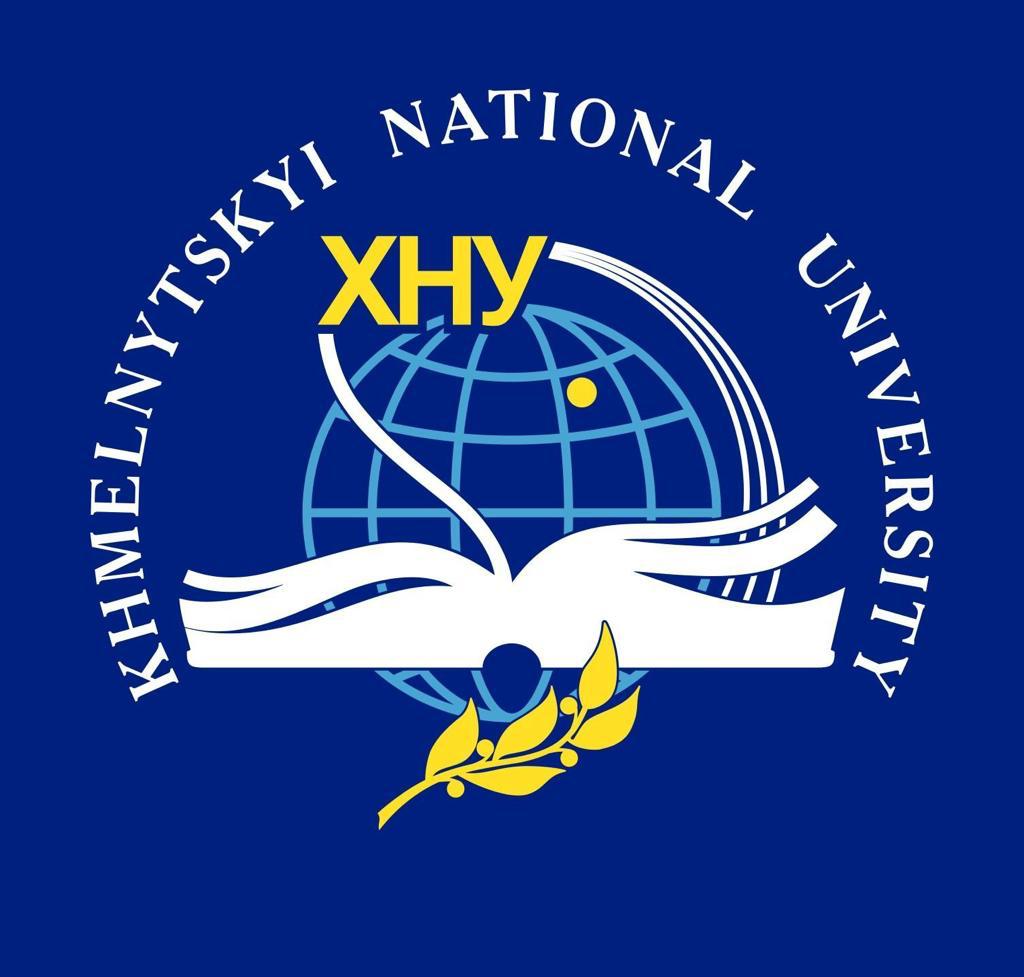TECHNOLOGY FOR FORMING THE READINESS OF FUTURE TEACHERS OF PHYSICAL CULTURE TO TEACH SPORTS GAMES IN INSTITUTIONS OF GENERAL SECONDARY EDUCATION
DOI:
https://doi.org/10.31891/pcs.2023.4.5Keywords:
readiness, technology, future physical culture teachers, sports games, institutions of general secondary education, organizational and pedagogical conditions, principlesAbstract
The article examines the concept of the readiness of future teachers of physical culture to teach sports games in general secondary education institutions as the ability of students for successful physical culture and methodological activities, the ability to learn sports games, the methodology of their teaching for students of general secondary education institutions, to develop their own methods and to motivate young students to sports games and a healthy lifestyle. The components of the readiness of future physical culture teachers to teach sports games in general secondary education institutions are outlined: motivational, cognitive and activity. The technology of forming the readiness of future physical culture teachers to teach sports games in general secondary education institutions has been developed, which involves three stages: preparatory-motivational, methodical-technological and final-prolonged. The organizational and pedagogical conditions for the implementation of each stage of the author's technology are defined. Thus, the preparatory and motivational stage involves the implementation of organizational and pedagogical conditions for motivating students to learn sports games, their teaching methods for students of secondary schools, the development of their own methods of teaching sports games and encouraging student youth to sports games and a healthy lifestyle; the methodical-technological stage accommodates the organizational and pedagogical conditions for studying sports games, methods of teaching them for students of ZZSO, development of own methods of teaching sports games and stimulating student youth to sports games and a healthy lifestyle; the final-prolonged stage determines the organizational and pedagogical conditions for the presentation by students of their own methods of teaching sports games and the stimulation of student youth to sports games and a healthy lifestyle, as well as orientation towards improving pedagogical skills and physical culture-methodical competence. The principles of implementation of the technology of formation of the readiness of future physical culture teachers to teach sports games in general secondary education institutions are singled out: sequence, continuity, interactivity, dynamic differentiation, multi-functionality, freedom of choice and cooperation.
References
Bielikova N. O. Z dosvidu vykorystannia interaktyvnykh metodiv navchannia u profesiinii pidhotovtsi maibutnikh fakhivtsiv z fizychnoho vykhovannia ta sportu // Suchasni informatsiini tekhnolohii ta innovatsiini metodyky navchannia v pidhotovtsi fakhivtsiv: metodolohiia, teoriia, dosvid, problemy: zb. nauk. prats. 2014. Vyp. 37. S. 348–353.
Bielikova N., Podubinska S. Suchasnyi stan orhanizatsii pozaklasnoi roboty z fizychnoi kultury // Visnyk Kamianets-Podilskoho universytetu imeni Ivana Ohiienka. Fizychne vykhovannia, sport i zdorovia liudyny. 2019. Vyp. 14. S. 15–19.
Zhalii R. V., Vorobiov O. V. Zdoroviazberezhuvalni tekhnolohii v osvitnomu protsesi suchasnoho zakladu vyshchoi osvity: poniattia, metodyka vprovadzhennia, praktyka zakladiv osvity // Fizkulturno-ozdorovchi ta sportyvni tekhnolohii v osvitnomu prostori: teoriia i praktyka : kolektyvna monohrafiia / za zah. red. O. O. Momot; Yu. V. Zaitsevoi. Poltava : PNPU imeni V.H. Korolenka, 2020. S. 75-89.
Zhukovskyi Ye. I. Formuvannia hotovnosti maibutnikh uchyteliv fizychnoi kultury do orhanizatsii samostiinoi fizkulturno-ozdorovchoi diialnosti shkoliariv // Fizychne vykhovannia, sport i kultura zdorovia u suchasnomu suspilstvi. 2013. № 1. S. 40-43.
Zahorodnii K. V., Severynenko I. L. Realizatsiia zavdan fizychnoho vykhovannia uchnivskoi ta studentskoi molodi zasobamy sportyvnykh ihor v umovakh sektsiinykh zaniat // Naukovyi chasopys Natsionalnoho pedahohichnoho universytetu imeni M. P. Drahomanova. Seriia 15 : Naukovo-pedahohichni problemy fizychnoi kultury (fizychna kultura i sport). 2018. Vyp. 4. S. 67-70.
Karasievych S. A. Pidhotovka maibutnikh uchyteliv fizychnoi kultury do fizkulturno-sportyvnoi diialnosti u zakladakh zahalnoi serednoi osvity, monohrafiia. Uman: VPTs «Vizavi», 2018. 204 s.
Naumchuk V. I. Profesiina pidhotovka maibutnikh vchyteliv fizychnoi kultury v protsesi samostiinoi roboty zi sportyvnykh ihor. (Dys. kand. ped. nauk). Ternopil, 2002. 232 s.
Naumchuk V. I. Sportyvni ihry v systemi profesiinoi pidhotovky studentiv fakultetiv fizychnoho vykhovannia // Naukovi zapysky. Seriia: Pedahohika. 2007. №3. S. 3-6.
Sopotnytska O. Kharakterystyka osoblyvostei profesiinoi diialnosti treneriv z ihrovykh vydiv sportu. Suchasni tendentsii rozvytku osvity i nauky v interdystsyplinarnomu konteksti: materialy II-yimizhnar. nauk.-prakt. konf. (Chenstokhova–Uzhhorod–Drohobych, 24–25 berez. 2016 r.). Chenstokhova–Uzhhorod–Drohobych, 2016. S.396–398.
Chernyakova Z., Liannoi M., Bakatov V., Kholodniy А. Peculiarities of the professional training of future physical culture teachers and trainersin the conditions of distance education // Physical Culture and Sport: ScientificPerspective. 2023. №1. P.78-83.
Kononets N., Grynova M., Zhamardiy V., Mamon O., Liulka H. Problems of Implementation of The System of Resource-Based Learning of Future Teachers of Physical Culture. International Journal of Applied Exercise Physiology (IJAEP). 2020. Vol. 9 (12). Р.50–60.
Turańska M. Główne aspekty dyiałalności sportowo-masowej w szkole współczesnej // Кnowledge education law management. 2015. Vol. № 1. P. 306-314.





